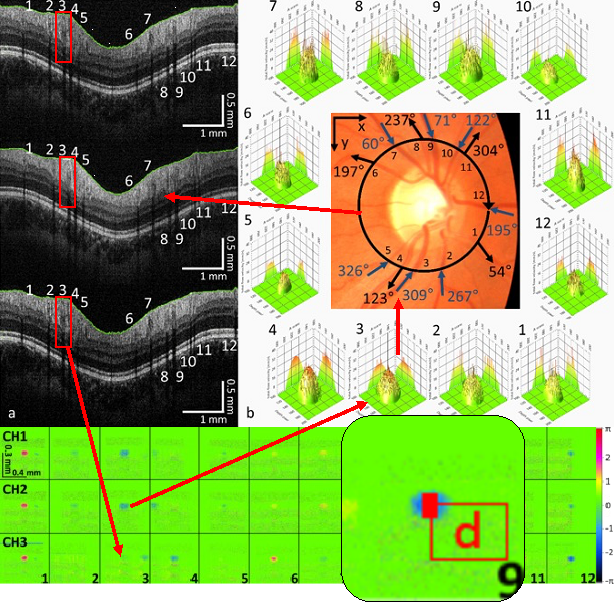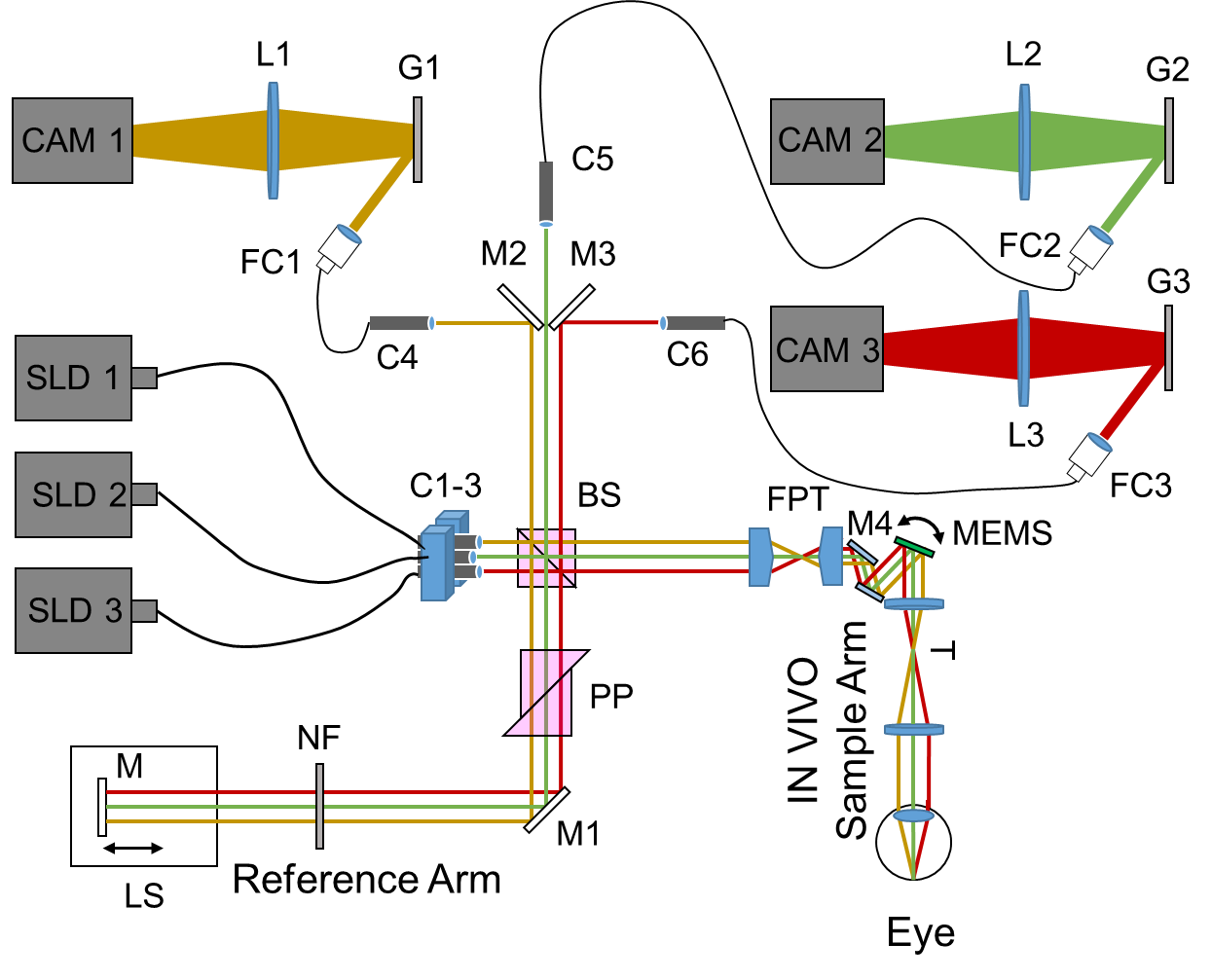by Richard Haindl
Photos by: Richard Haindl

Richard Haindl
PhD student | Medical PhysicsOne of the most valuable lessons I've learned during my doctoral studies is the importance of resilience when faced with setbacks and challenges. In the rigorous academic environment, setbacks are common, and it's crucial to develop the resilience to bounce back from disappointments, adapt to unexpected changes in your research, and stay committed to your goals. Building this resilience involves seeking support from mentors and peers, practicing self-care to maintain mental and physical well-being, and continually reflecting on one's experiences to learn and grow.
What I love about my PhD studies is the fascinating world of optics. It's like working with a complex set of Lego bricks where I can create and design intricate systems by skillfully assembling the pieces. Medical physics bridges various disciplines, including electronics, optics, engineering, medicine, and programming, all coming together to address complex problems. The thrill of witnessing a working prototype emerging at the end of a meticulous design and assembly process is truly rewarding. Knowing that such a prototype has the potential to make a meaningful impact in improving the lives of the people we care about adds a profound sense of purpose to my studies. It's this sense of creativity, interdisciplinary collaboration, and the potential for real-world application that makes my PhD journey so fulfilling and inspiring.
Despite never having lived in Vienna before, I've discovered that the city boasts an excellent public transport system, making it incredibly accessible from the outskirts. The advantage of living a bit further from the city is the significantly reduced housing costs. This not only eases the financial burden but also allows for a quieter and more serene living environment while still enjoying the cultural and professional opportunities Vienna has to offer. It's a perfect blend of affordability and accessibility, making the study experience both practical and enjoyable.
Mrs. Thompson, an 80-year-old woman has been suffering from glaucoma for the past 10 years. This condition has gradually taken away her vision, greatly affecting her daily life. Her ophthalmologist has been closely monitoring her condition by assessing her intraocular pressure and visual field. However, these measurements alone do not provide the complete picture, particularly when it comes to the blood flow to the optic nerve, which can be essential for the diagnosis and treatment of glaucoma.
Recently, Mrs. Thompson's ophthalmologist told her about an exciting new technique called three beam Doppler optical coherence tomography (D-OCT). This technique has the potential to revolutionize the way we understand and address glaucoma and other eye diseases. By measuring the total retinal blood flow without needing prior information about vessel geometry, D-OCT offers a precise determination of the blood flow vector, providing valuable insights into the mechanisms behind these conditions.
Mrs. Thompson was thrilled to learn about this new technique and eagerly agreed to undergo the test. The best part? It was painless and non-invasive, taking only a few minutes to complete. The results revealed that her total retinal blood flow was lower than normal, indicating a decrease in blood flow to her optic nerve. This crucial information allowed her ophthalmologist to adjust her treatment plan and closely monitor her condition.


I'm Richard Haindl, and I have been working on the fascinating D-OCT technique that provides essential information about optic nerve blood flow during my PhD. With this technique, we shine a special type of light into the eye, which interacts with the blood cells and creates a detailed image of the blood vessels. By utilizing three beams of light, we can precisely measure the blood flow in the eye, including the velocity vector of the blood cells.
As a medical physicist like me, you play a vital role in advancing healthcare through the development of innovative technologies and techniques. By embarking on this exciting journey, you can make a difference in the lives of patients and contribute to the field in a meaningful way. The PhD program in medical physics offers you the chance to be at the forefront of scientific discovery, work with cutting-edge technology and develop new techniques that can revolutionize the diagnosis, treatment and monitoring of diseases, benefiting millions of people and our loved ones, like Mrs. Thompson.